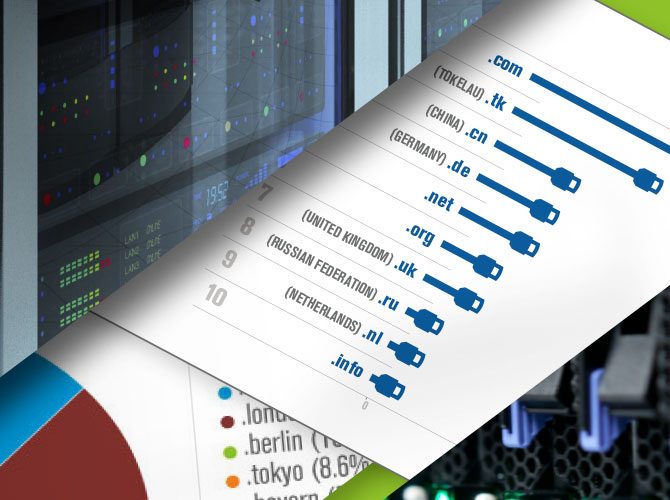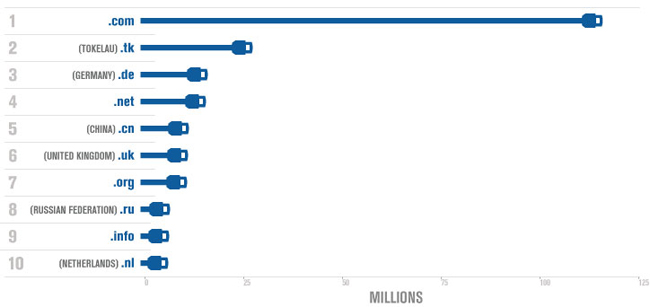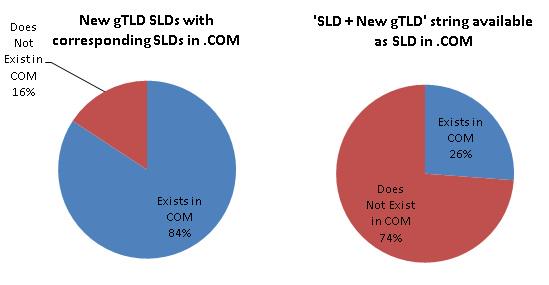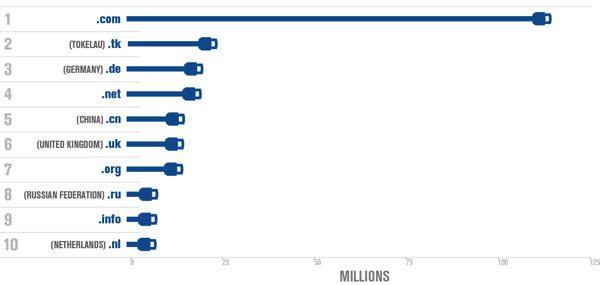We have shown in the past that there is a correlation between domain name registrations and newsworthy and popular events, as well as anticipated trends. In 2014, we looked at Bitcoin as an example of how domain registrations could be an effective gauge of interest in a particular subject. Previously, we showed how domain buyers reacted to the U.S. government shutdown and how royal baby fever was reflected by domain registrations when Prince George was born in mid-2013 to the Duke and Duchess of Cambridge.
With more than 220 million domain names registered globally, there are numerous examples of trends reflected by domain name registrations. In an effort to better illustrate .com and .net domain registration trends, Verisign is launching a new monthly blog post series that will identify the top 10 trending .com and .net keywords registered in English; our own zeitgeist of trending domain topics. The keywords from the preceding month will be published on the second Tuesday of each month on the Verisign blog.


 A network traffic analyzer can tell you what’s happening in your network, while a Domain Name System (DNS) analyzer can provide context on the “why” and “how.”
A network traffic analyzer can tell you what’s happening in your network, while a Domain Name System (DNS) analyzer can provide context on the “why” and “how.” 







